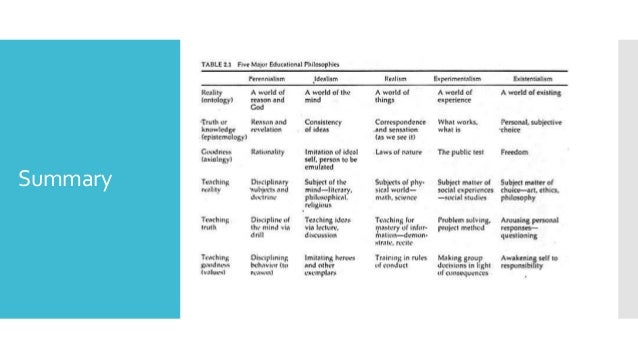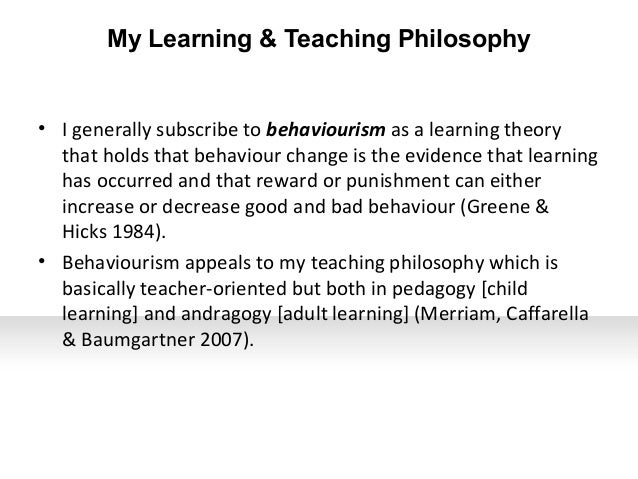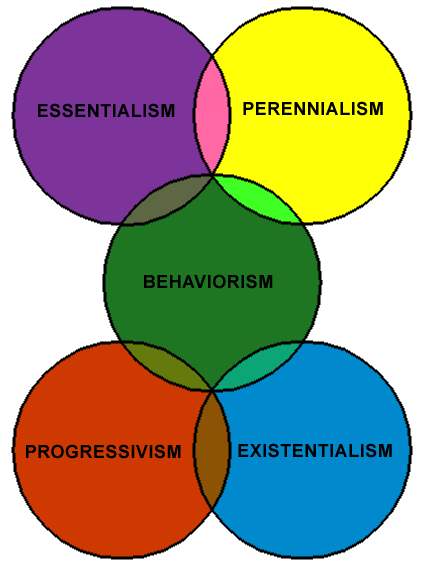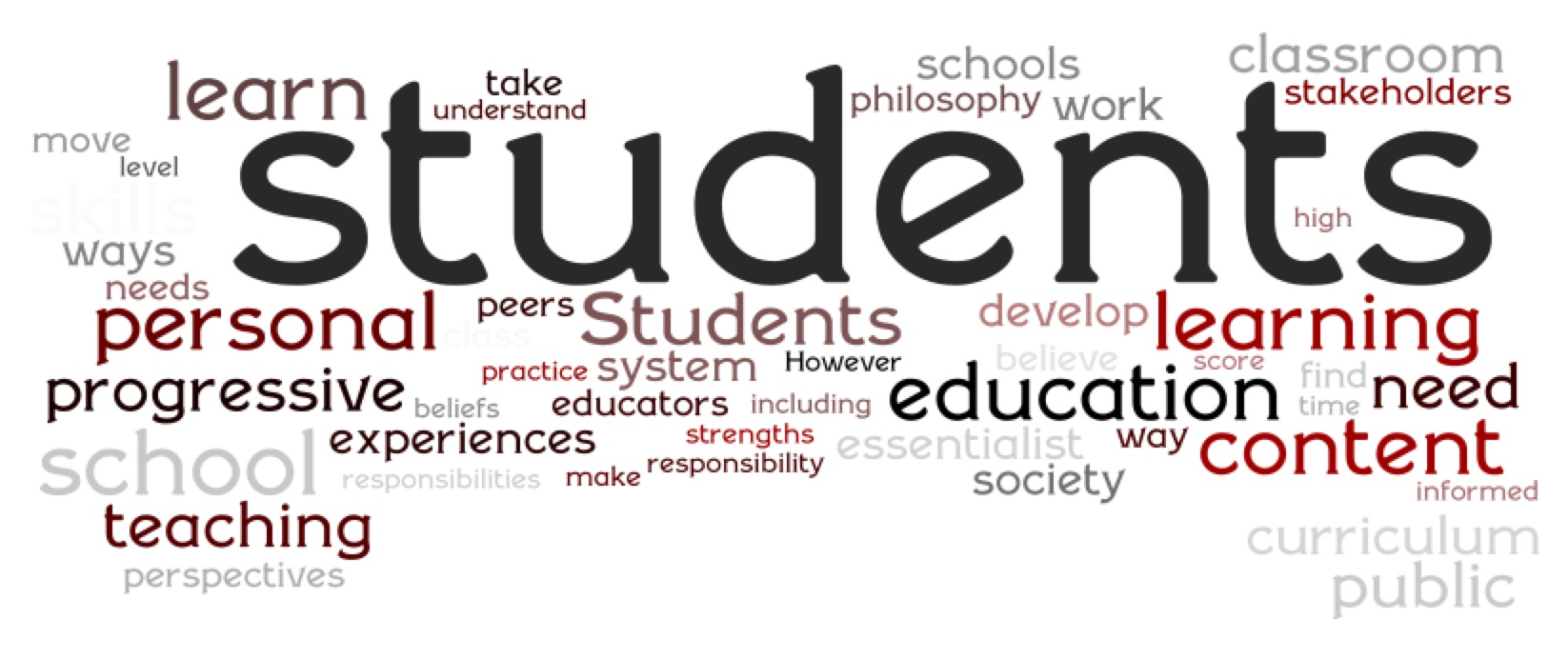
Among the difficulties confronting the field of special education is the perceived paucity of intensive, philosophical belief systems on the part of many practitioners.
The WEA offers courses on a variety of levels across a diverse range of subjects, from computing to Yoga! The WEA caters for a broad cross-section of the community, providing adults with learning opportunities for both vocational and personal advantage.

The Adult Learning and Education (ALE) program is the oldest graduate adult education program in Canada with historical roots in traditions of social welfare, community development and extension education.
Earlier educational philosophies did not place much value on what would become constructivist ideas; ren’s play and exploration …

Philosophies of Adult Education. Below you’ll find three tables which compare five kinds of educational philosophies (Liberal, Behaviorist, Progressive, Humanistic, and …
Printer-friendly page. The Rise of the Adult Education and Literacy System in the United States: 1600-2000
Education: Education, discipline that is concerned with methods of teaching and learning in colleges or college-like environments as opposed to various nonformal and informal means of socialization (e.g., rural development projects and education through parent- relationships).
THE TRADITIONAL AND PROGRESSIVE PHILOSOPHIES OF EDUCATION ‘Progressive People: Those who deliberately or unwittingly promote the Party Line’. A Communese-English Dictionary by Professor Roy Colby (Western Islands Publishers, Massachusetts, 1972).


Philosophy of Education (Example #1) My personal goal for my future classroom is to challenge students and watch them grow to their full potential. I want to take students at different levels and see them develop together for the
Beyond striving to ensure that students learn the fundamental content of the courses I teach, my objectives as a university teacher are as follows: (a) to foster critical thinking skills; (b) to facilitate the acquisition of lifelong learning skills; (c) to help students develop evidence-based




